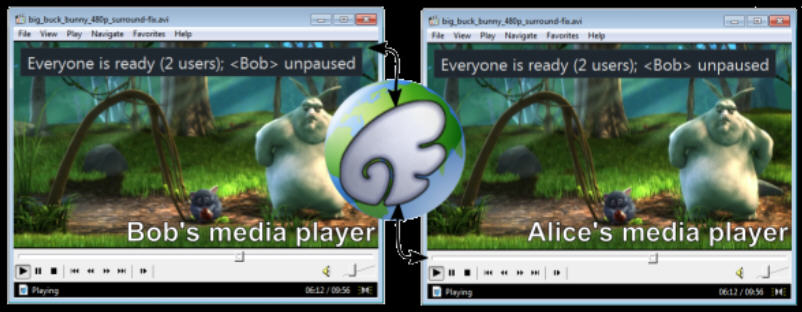
I always set it to 4 as not to get 'surprises'. I do the same, no matter if I play local files/DVDs or network content.Īnd make sure you have that -ttl set to >1 if you have a wireless router somewhere. Vlc -vvv -sout udp:239.0.0.1 -no-sout-display -sout-keep -ttl 4Īs you see, -no-sout-display is given: the stream output is generated, but no local output. Stream generating client that connects to the Internet stream (this one has a big cache so it does not cut out and delivers a constant stream into my multicast network): The other is the displaying client that listens to the stream like all other systems, with the same network cache setting. One generates the stream and does not locally display. I do also use on the 'server' two vlc clients:

Reason: once vlc starts to eat buffer it takes a long time to come back to the beginning of the buffer, it seems that the coding does not prioritize to get back to 'zero buffer' but is comfortable to stay up there. To keep them as near as possible I turned down the caching until the slowest system (a 32bit laptop on wifi) starts to cut out sometimes, then give it a little more. The only thing that can happen is that different computers work at different places in their network cache. The propagation delays are negligible for sound and human visible video (30fps).

That means also that all computers receive the same packet at about the same time, less propagation delays through my switches.

With multicast, the stream uses only one time its bandwidth on each segment This sends one stream to all receivers simultaneously.


 0 kommentar(er)
0 kommentar(er)
